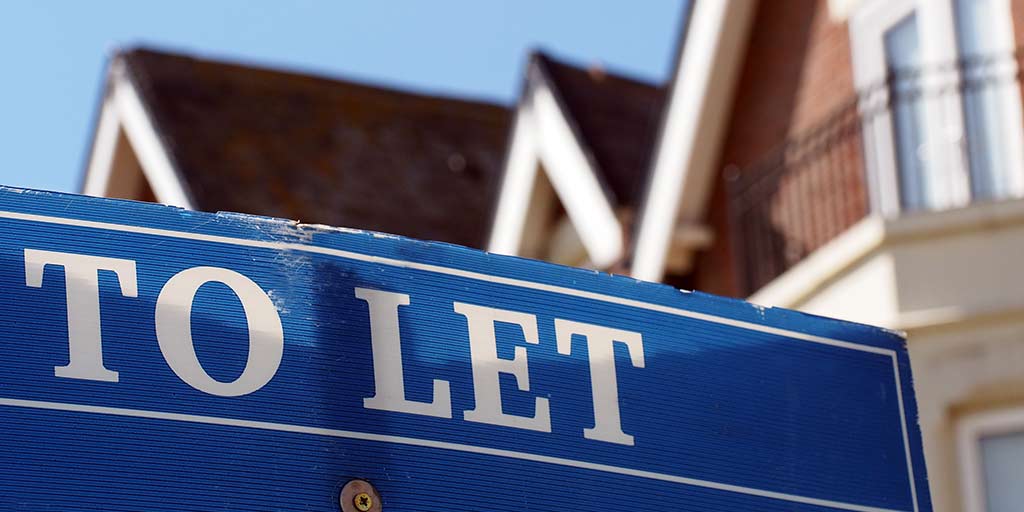This information should not be interpreted as financial, tax or legal advice. Mortgage and loan rates are subject to change.

Category: property market
Specialist buy to let lender, Together, shared the results of a 1,000 strong survey of UK landlords, highlighting key areas to avoid mistakes, in order save on unnecessary costs.
The survey, conducted by market research firm Censuswide, on behalf of Together, unveiled that a large proportion of landlords had had several shared experiences in overspending.
At a time when cost-efficiency is ever-more important for landlords and property investors, we take a look at the findings to see where the biggest opportunities are to keep property investment plans on track.
Realistic renovations are the biggest win
19% of buy to let landlords surveyed said that they had miscalculated either the increase in value to their property, or the increase in rental value that could be achieved, from renovation work they had done.
The statistics from Together make clear that getting this work done cost effectively is critical. It is important to apply a business mind-set when undertaking renovations, rather than envisaging a rental property as though it were your home and over-doing work to a higher specification than is needed.
Letting agents will help you understand the needs of tenants and how to value a property with the completed works in mind.
Don’t underestimate wear and tear costs
The survey found that 18% of landlords had underestimated the amount of wear and tear tenants would cause in their rental properties. Furthermore, 16% of landlords hadn’t realised how much repairs and maintenance costs would be.
Earlier this year, Towergate Insurance undertook their own investigation of costs associated with being a landlord. The most expensive being roof repairs, which averaged £906. The silver lining was that this is a rare problem for most landlords, arising less often than once every three years.
Next came the cost of replacing kitchens or appliances of over £100 in value (on average costing £807), and replacing carpets or flooring (on average £757), again both of these maintenance and repair costs were not commonly encountered.
Boiler repairs or replacement, broken windows, electrical work and issues with heating and mould were more frequent costs that landlords have to foot, all averaging around £600-£700 to fix.
This is why regular inspections play such a critical role, so that small problems are not allowed to snowball and cause such costly amounts to fix.
The survey also found that 11% of landlords regretted not asking for a higher damage deposit to cover costs. 9% of those surveyed said allowing pets in their property was a regret, but, this issue is set to be unavoidable with changes to the Renters Rights Bill, where Labour are keen to make it easier for tenants to keep pets.
Keep portfolios cost-efficient and invest wisely
As the regulations around being a landlord evolve, many turn to the professional services of others to help keep them on the right track. However, monitoring the costs involved is another important part of being a landlord.
16% of landlords in the Together survey said they had taken on too many properties, and 16% had not accurately costed-out the fees associated with legal work or property management.
Your choice of location when investing in property is also a good area of focus to remain cost effective. 15% of landlords said they bought in the wrong location. As some landlords look further afield for stronger yields from cheaper properties, this statistic underlines that scrimping on research can be costly in the long run.
There is plenty of data released on the highest yielding areas of the country, which can be a great indicator of potential for those looking to buy, but thorough due diligence is required to avoid areas with high crime rates, or other issues that could devalue your investment.
Get insurance and a maintain a financial buffer
15% of those surveyed said that with hindsight insurance to cover emergency costs, or having a financial buffer to fall back on would have helped when issues arose. 13% said they had taken on too much debt.
It is important to make your own affordability calculation, when you take on a property. Lender affordability calculations on a mortgage are intended to protect the borrower, but it makes sense as the person closest to your finances to ensure you are in a strong position.
Energy efficiency has become a rising concern
14% of landlords regretted not investing in energy efficiency, as the changing regulations the Labour party intend to bring in to the private rental sector have caught a number of them off-guard.
Whilst the National Residential Landlords Association is lobbying the government on the issue, the intention is for rentals to achieve a minimum energy performance rating of “C” by 2030.
Speaking on the findings of the survey, Ryan Etchells, chief commercial officer at Together commented:
Landlords need to do their research on locations, property types and condition and the rental market as well as having adequate savings to cover wear and tear and to deal with any issues such as unexpected maintenance costs or void periods.”
“A healthy rental sector is crucial to a well-functioning housing market and there are numerous opportunities for property professionals to achieve good yields while providing the rental homes which the UK needs.
If you are renovating, investing or remortgaging, the team at Commercial Trust are available to help you find a cost effective solution. Call on the Freephone number above or enquire online.


